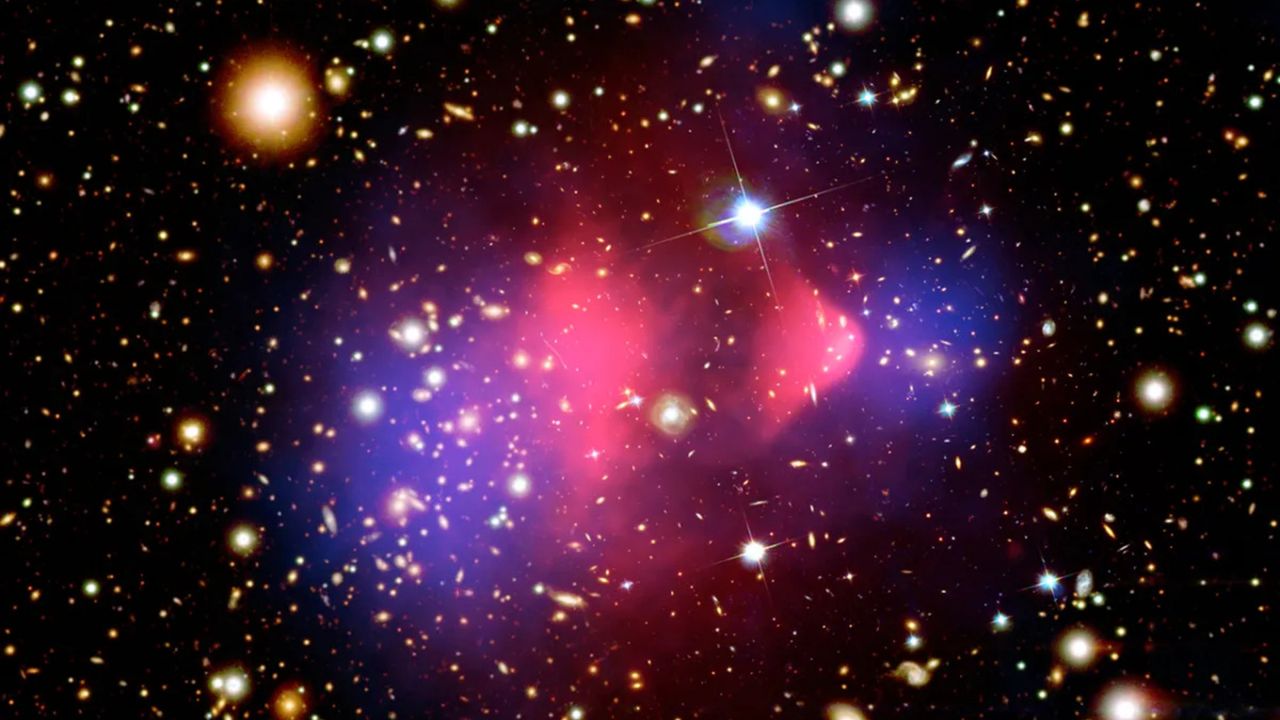Not-so-dark matter? Mysterious substance might leave red and blue 'fingerprints' on light
PositiveScience

A recent study has unveiled that dark matter might not be as elusive as previously thought. Researchers suggest it could subtly tint or polarize light, potentially leaving behind faint color clues that next-generation telescopes could detect. This discovery is significant as it opens new avenues for understanding the universe and could enhance our ability to study dark matter, a fundamental component of the cosmos that has remained largely mysterious.
— via World Pulse Now AI Editorial System